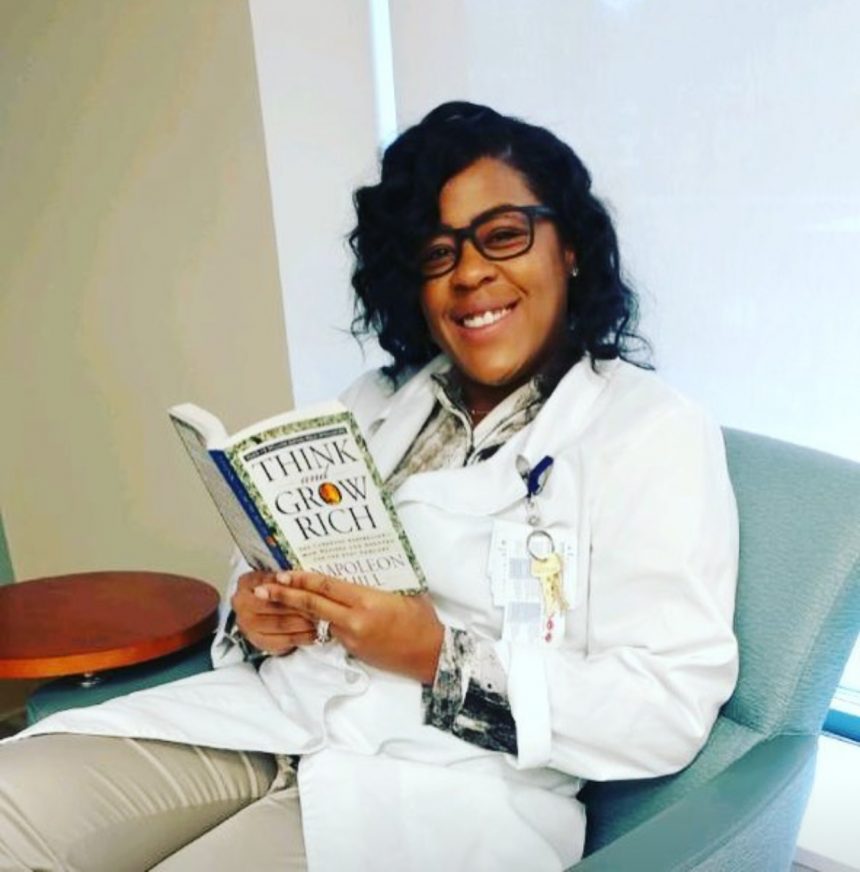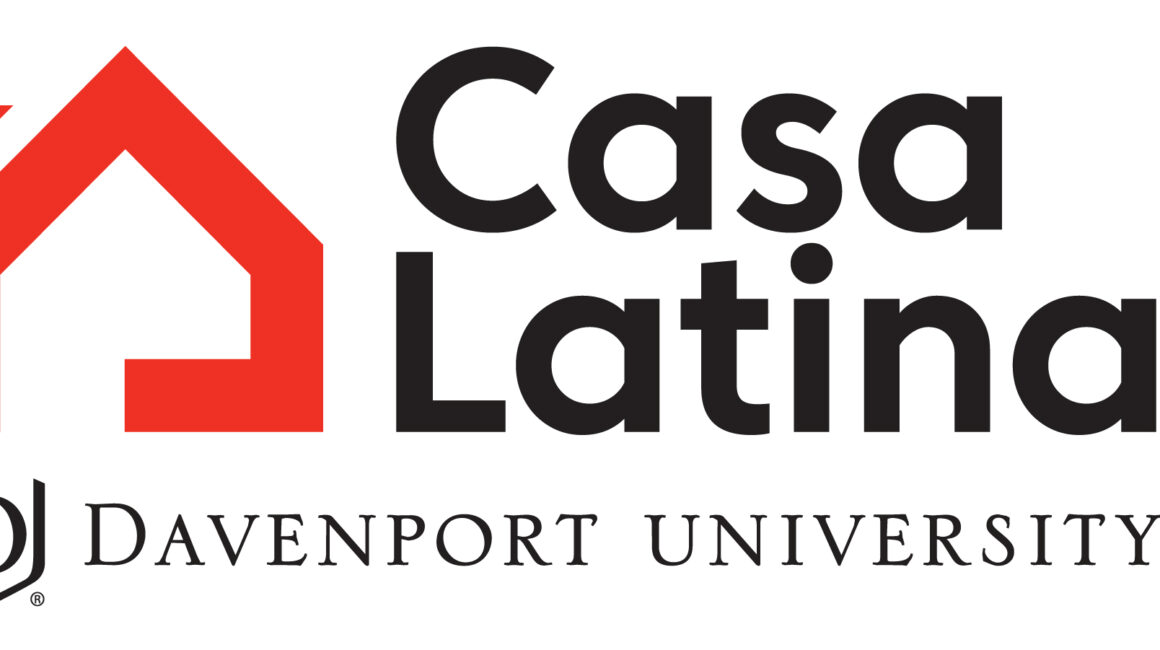

For Kenyatta Legette ’14, innovation is part of everyday life. Innovation surrounds her in her job as a nursing educator and inspires her in her volunteerism.
Ask Legette about Grosse Pointe Beaumont’s newly awarded Magnet designation and her eyes light up. Legette has worked at Beaumont Hospital in Grosse Pointe for three years as a nurse on the postoperative orthopedic unit and more recently as a nursing educator.
Legette was on both sides of the nursing spectrum during the application process for the Magnet designation at Beaumont – first working as a bedside nurse and then as a nursing educator for the inpatient nursing department, where she had a part in training nurses on the components of the Magnet Recognition Program.
“Achieving the Magnet designation means that over 60 percent of our nurses hold bachelor’s degrees and that we have certified nurses with expert knowledge in various specialty areas throughout our hospital,” said Legette. “It also means that our nurses feel empowered to make autonomous decisions that are supported by our culture, policies and procedures as well as various professional development programs. We also promote shared governance, so our nurses’ voices can be heard through our Professional Nurse Council (PNC) and Unit Professional Council (UPC). We really do promote change agents here at Beaumont!”
The Magnet Recognition Program was developed to distinguish health care organizations that provide the very best in nursing care. With only 8 percent of U.S. hospitals earning the Magnet designation, it’s clearly the gold standard.
“Some of the preparation for Magnet included monthly memos outlining the components of Magnet and designating Magnet Champions to educate their units about identifying initiatives that were created by bedside nurses to improve safe and quality patient care,” said Legette. “One example is ‘The Bed is Not Your Friend’ – an early ambulation program for patients undergoing a surgical procedure. The nurse leading the program created signage and piloted it on her unit before taking the program throughout the hospital.”
The transition from nurse to nurse educator
Legette was working on the orthopedics unit at Beaumont when she became a patient herself. She had an orthopedic surgery, which kept her on leave for a substantial amount of time. Not one to sit idle, Legette became an adjunct professor at Oakland University during her medical leave.
“I taught for Oakland’s LPN program. It was a learning experience,” said Legette. “I knew how to explain care plans and procedures to patients and families during their stay in the hospital, but to teach methodology when students were at different learning levels was challenging. I was teaching an accelerated program, so I was tasked with helping each learner succeed in eight weeks. To do so, I used a technique that I had learned from one of my instructors at Davenport called mind mapping.”
After Legette’s stint as an adjunct, a nursing educator position opened at Beaumont and Legette took on the new role.
“Now I create and teach training sessions for in-patient nurses and facilitate orientation for both RNs and NCAs. We hold about 12 to 15 45-minute nursing education sessions every other month at varying times for midnight and day shifts,” said Legette. “Topics include medication education, regulation changes, accreditation requirements and even changes with the electronic medical record system (EPIC).”
“I also sit on the Nursing Informatics Committee, which identifies and approves change requests for the EPIC. They’re a good sounding board for me – I can ask them specific questions that I know the nurses will want to learn about when I’m creating new curriculum.”
Extending knowledge and passion to the community
Legette serves on a mental health task force for the Beaumont Healthy Community Coalition. She was also an integral part of forming the newly affiliated Detroit National Alliance of Mental Illness (NAMI) board, where she serves as secretary.
“I am passionate about the topic of mental health,” said Legette. “I love working with and directly helping individuals in my community. I also enjoy stepping outside the clinical aspect of my job and offering resources to people regarding available support groups and approaches to mental health.”
Legette’s husband owns a property management business. Together, they work with the Neighborhood Legal Service Organization to provide affordable housing to low-income and homeless individuals. Every aspect of Legette’s life is focused around serving – her community, her job, her husband’s business, even her personal time.
When asked how she could combine her passion with her work, Legette responded, “My ideal job would be working on process improvement in a community. Whether it’s health disparities, housing, a lack of resources in education from end-users or direct providers – whatever it is, we have to bridge that gap and figure it out.”



No Responses